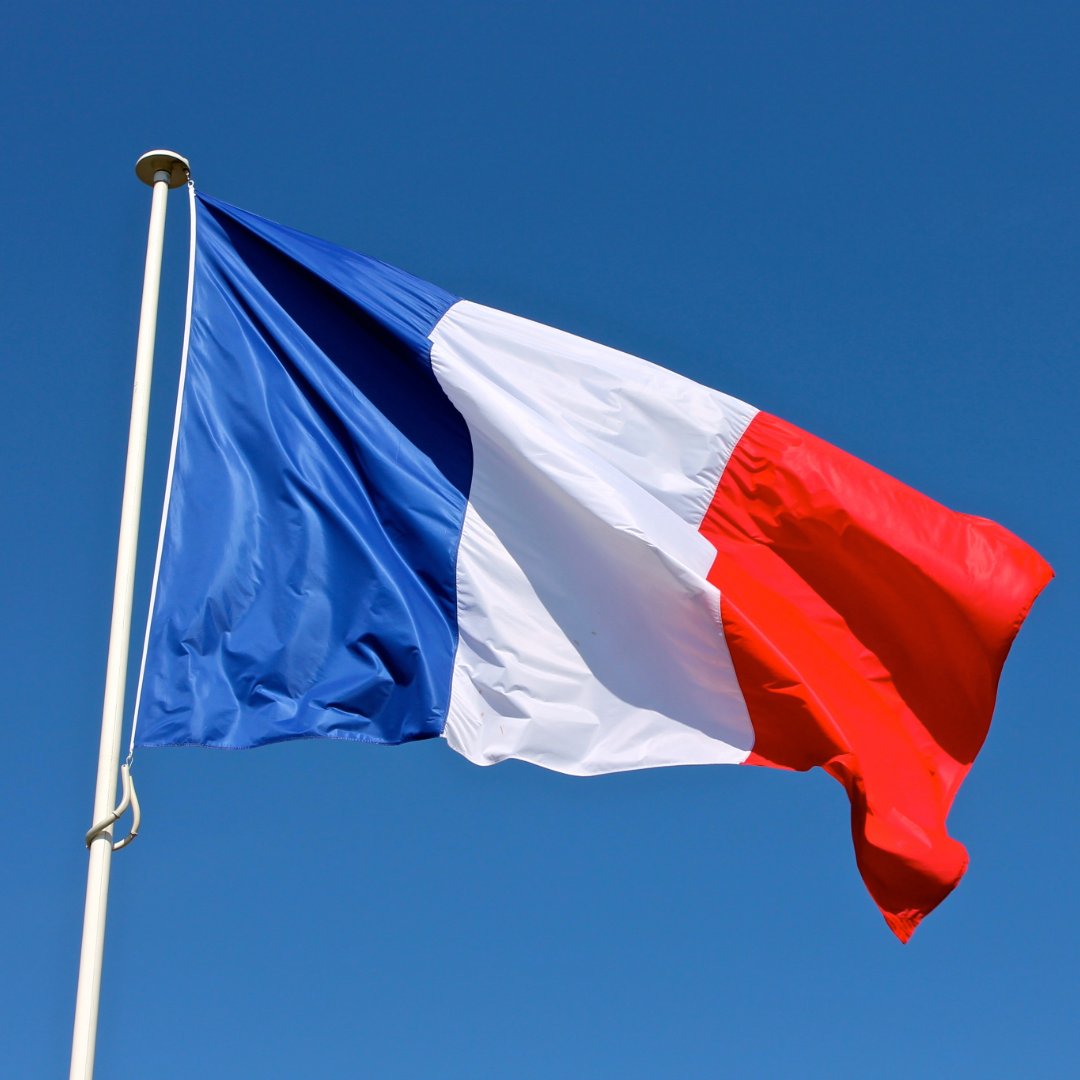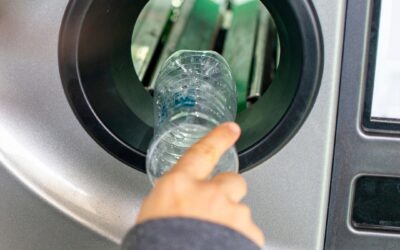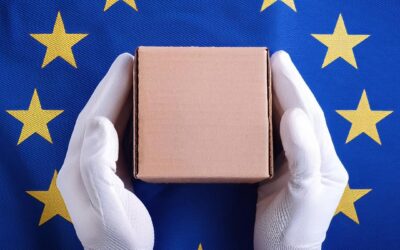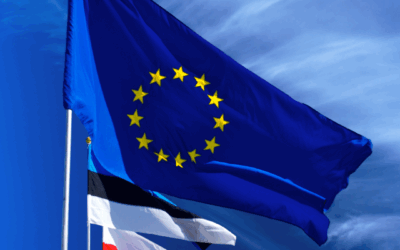Consolidation of EPR flows for packaging and graphic paper in France


In France, there has been an important change in waste management: the merging of EPR (extended producer responsibility) streams for packaging and graphic paper. This measure aims to increase the recycling rate, optimise waste disposal and reduce the environmental impact. But what does this pooling mean in concrete terms and what impact does it have? We’ll tell you in this blog post.
What is EPR (Extended Producer Responsibility)?
Extended Producer Responsibility (EPR) is an environmental policy instrument that makes product manufacturers responsible for the entire life cycle of their products – including disposal. In France, this regulation applies to various product categories, including packaging and graphic paper.
Who is affected by EPR obligations in France?
In France, EPR obligations apply to all companies that sell products from certain categories. In addition to these various products (e.g. furniture, textiles, etc.), packaging and graphic paper are also subject to the EPR. All retailers who sell packaging, graphic paper or other products from the relevant product groups to private end consumers in France must take responsibility for their disposal. This also applies to online retailers based outside France who sell their products in France.
What is graphic paper?
The definition of ‘graphic paper’ applies to all papers of less than 224 g/m2. The papers concerned include (among others): Brochures, flyers, catalogues, magazines, newspapers, mailings, letterheads, administrative documents, postal envelopes, posters, instructions for use, special tickets, banknotes, etc.
There is no minimum volume, so from the first paper placed on the French market, it is mandatory to comply with product stewardship.
Objectives and advantages of the merger
Previously, packaging and graphic paper were collected and recycled in separate streams. However, this separation led to inefficient processes and higher costs. By merging these two EPR streams, the aim is to achieve more efficient collection, separation and recycling of waste.
1. increase the recycling rate: The joint collection and processing of packaging and graphic paper should lead to higher recycling rates. This will help to reduce the environmental impact and conserve valuable raw materials.
2. cost efficiency: Merging the streams should reduce the costs of collection and recycling. More efficient processes and the reduction of duplicate structures mean that financial resources can be better utilised.
3. standardised disposal systems: Consumers benefit from clearer and simpler disposal systems. Standardising collection makes it easier to separate and dispose of waste correctly.
Conclusion
Merging the EPR streams for packaging and graphic paper in France is an important step towards more sustainable waste management. Both the environment and the economy will benefit from more efficient processes, higher recycling rates and lower costs. Companies should prepare for the changes at an early stage in order to make the most of the resulting opportunities.

LIZENZERO.EU makes packaging compliance in Europe very easy.
Do you ship your products to different countries in the EU? Many different legal requirements and obligations can make the whole thing quite complicated – but don’t worry, we’ll do it for you. How do we do it? With our licensing service, we take over all obligations for you by power of attorney. Sounds good? We’ll be happy to advise you.
For shipping to Germany, you can easily fulfill your packaging obligations yourself via Lizenzero.de.
Deposit systems in the EU explained
Deposit systems show that simple solutions help to keep packaging in circulation and increase recycling rates. However, there are major differences within the EU: while countries such as Germany, Sweden and Finland have been using deposits for years and achieving high return rates, other Member States are still in the early stages.
Mandatory from 2026: The EU Authorised Representative for Packaging explained
Europe is an attractive but regulatory complex market. One of the more complex requirements is the appointment of an authorised representative (AR). The AR is the central interface between the manufacturer and the European market surveillance authorities. The authorised representative plays an important role in product safety and extended producer responsibility (EPR) and is therefore becoming increasingly important to ensure access to the market.
Authorised Representatives in Europe: Which ones are there and what do you need them for?
Europe is an attractive but regulatory complex market. One of the more complex requirements is the appointment of an authorised representative (AR). The AR is the central interface between the manufacturer and the European market surveillance authorities. The authorised representative plays an important role in product safety and extended producer responsibility (EPR) and is therefore becoming increasingly important to ensure access to the market.




